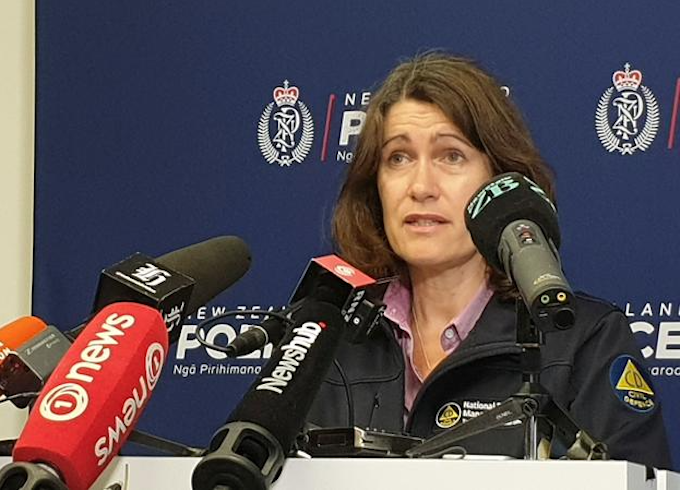
By RNZ News
Prime Minister Jacinda Ardern has eased restrictions on the media industry in New Zealand during the four-week lockdown, saying it was not exempt from the financial hardship caused by the Covid-19 coronavirus pandemic.
She said community newspapers will now be able to be printed for hard to reach communities.
The government is also extending the state of national emergency by a week until April 8.
READ MORE: Al Jazeera coronavirus updates – Trump flags tougher curbs for US
- Second Covid-19 death in Guam
- Solomon Island officials face sack if criticising policy
- Global coronavirus map
It was put in place last week as New Zealand prepared to go into a level 4 alert and on lockdown. It can be extended as many times as necessary.
About the news media, Ardern said: “It is our decision that a very limited number of publications which can demonstrate they fill an un-met need, and can also show they have appropriate health and safety measures in place to minimise the transmission of Covid-19 during production and delivery, will be approved as essential.”
She said the country must have ongoing access to independent media sources.
This decision only relates to smaller rural newspapers and those informing communities with English as a second language. Other publications – including printed magazines such as key publications such as NZ Listener and Metro – will remain non-essential.
NZ Post delivery
Ardern said newspaper delivery must be done by NZ Post or through supermarkets, not by the usual delivery people.
The owner of The New Zealand Herald, the country’s largest newspaper, and Newstalk ZB radio has warned staff that job losses and major changes to the company’s scope and scale are coming, as the pandemic economic crisis cuts into advertising revenue.
In an email to staff today, NZME chief executive Michael Boggs wrote that the company had suffered a swift and significant downturn as the country ramped up its measures to stop the spread of Covid-19.
The company would have to contract to continue operating, he said.
“The ongoing decline in revenue caused by the impact of COVID-19 continues to be significant,” he said.
“This is uncharted territory, and no one knows when that will change. We must now make changes to the scope and scale of our business and do so quickly. This will inevitably result in job losses.”
NZ infections now 647
Earlier, at Director-General of Health Ashley Bloomfield’s 1pm update on the medical response to the virus, it was revealed New Zealand had another 58 new cases, bringing New Zealand’s total up to 647.
Civil Defence director Sarah Stuart-Black also earlier extended the national state of emergency, which gives the state extra powers during a crisis, for another seven days.
The seven-day extension means the emergency will now last until at least 12.21pm on Wednesday, April 8.
The state of emergency is different from the four-week lockdown New Zealand is currently in. The length of the lockdown is still four weeks at this stage.
The National Emergency Management Agency (NEMA) supports Civil Defence Emergency Management (CDEM) Groups in their planning and operations.
NEMA is in charge in a State of National Emergency. CDEM says these types of emergencies are rare.
This article is republished by the Pacific Media Centre under a partnership agreement with RNZ.
- If you have symptoms of the coronavirus, call the NZ Covid-19 Healthline on 0800 358 5453 (+64 9 358 5453 for international SIMs) or call your GP – don’t show up at a medical centre.








































